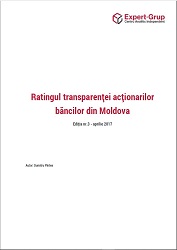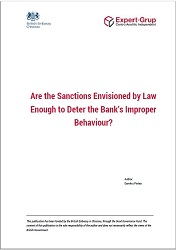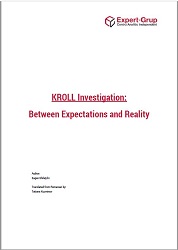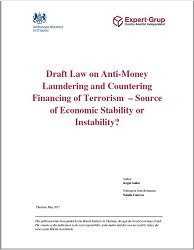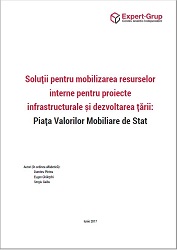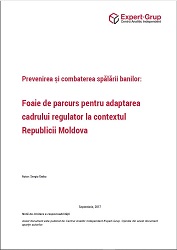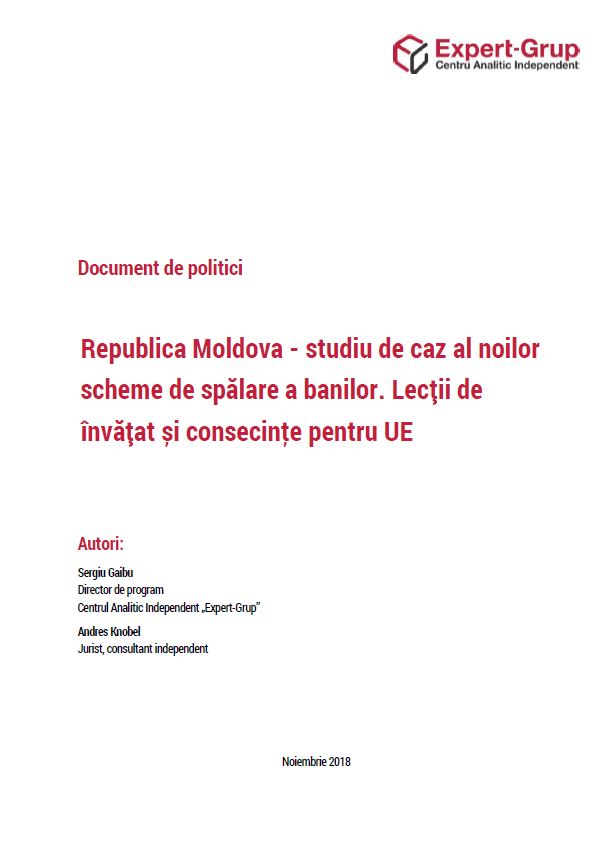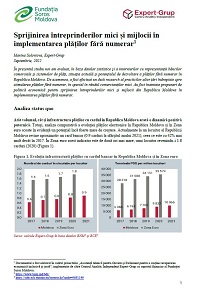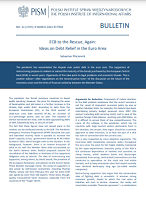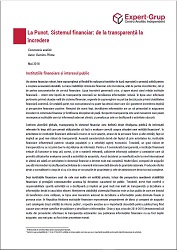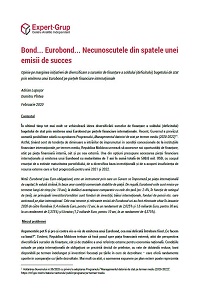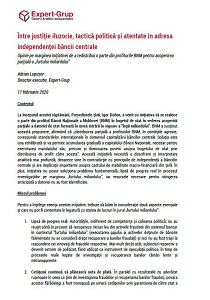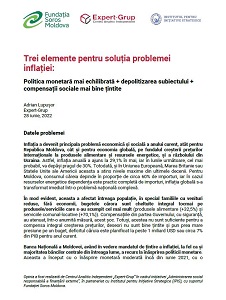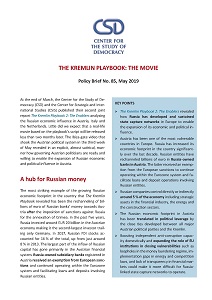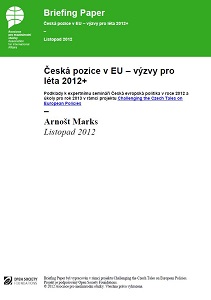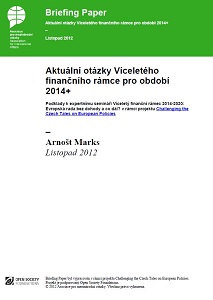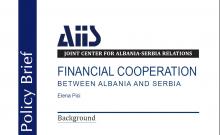
FINANCIAL COOPERATION BETWEEN ALBANIA AND SERBIA (Policy Brief 2016/06)
The economic dimension of regional cooperation is a key pillar for achieving an interconnected and developed Western Balkan region.With this regard, strategic policy documents of Western Balkan countries, compiled in collaboration with EU Institutions, underline the objective of establishing a unified regional market in the Balkans.The South East Europe Strategy(SEE 2020), the central platform of economic cooperation in the Western Balkans, focuses on several shared projects in the areas of trade,tourism, transport and energy in order to foster the formation of the regional market.
More...
